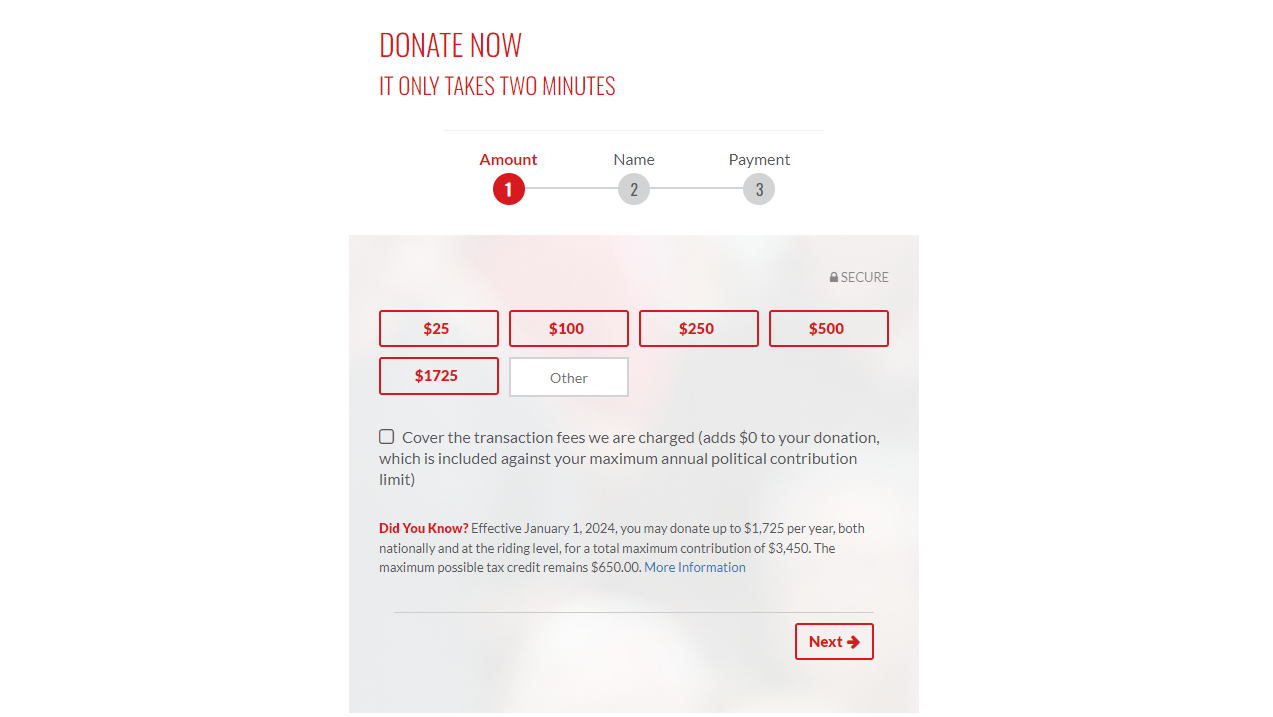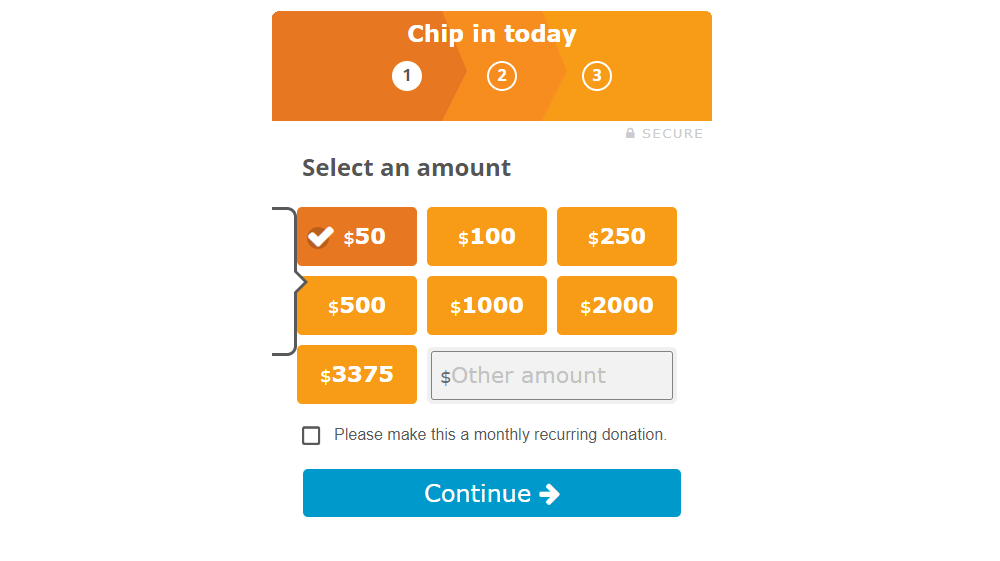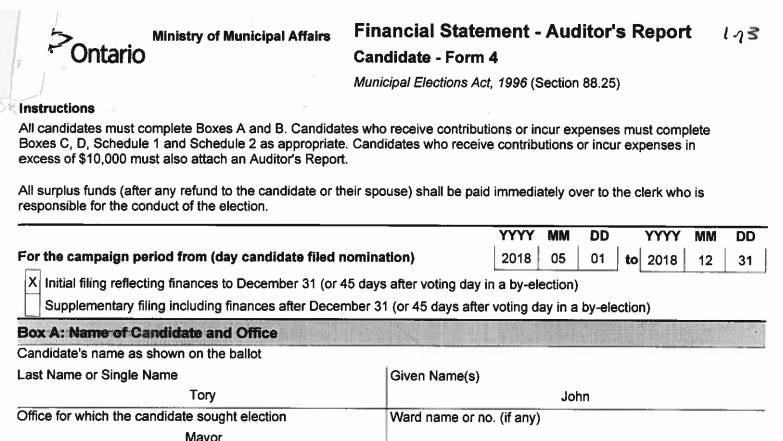Unlike petitions which are directed to the attention of groups of elected officials, open letters are often directed at a single person (elected official) and are then published more widely, intended to be read by a wide audience – ideally the general public.
Open letters can come from individuals or advocacy groups, but have more impact if you can show a group of individual people – ideally subject matter expects – have come together to campaign advocate on behalf of a single issue.
Here’s how one open letter illustrated the weight behind it:
Signatories to this letter are a diverse group of community workers, volunteers, activists, legal professionals, academic researchers and others who work with and for precariously housed people, including those living in tent cities, to advance their rights and dignity. We are united by a commitment to a human rights-based approach to tackling Canada’s housing crisis.
Open letter examples
Canadian Medical Association/Globe and Mail Hearings on Health Care Privatization by Ontario Health Coalition
Bill 45 Alternative Shelter Open Letter by BC Civil Liberties Association
How to write an open letter
An open letter should:
- Address the person who has the power and authority to take action on the issue. Explain why they are the right person to be involved.
- Explain who you are, your knowledge and experience to demonstrate credibility
- Explain the problem but keep it simple enough for a wider audience may not be familiar with the issue
- Explain the solution by outlining the specific actions you want the recipient of the letter to take and explain how this will help solve the problem
- Collect signatures from subject matter experts
- Share the letter far and wide and send a copy to the media
Open letter template
[Your Name]
[Your Address]
[City, State, ZIP Code]
[Email Address]
[Phone Number]
[Date][Recipient’s Name]
[Title]
[Office Address]
[City, State, ZIP Code]Subject: [Briefly State the Issue or Concern]
Dear [Recipient’s Name],
I am writing to you as a concerned constituent of [Your City/State] to bring your attention to an issue that I believe requires urgent attention and action. As an elected official, your role in representing the interests and welfare of our community is critical, and I trust that you will consider my concerns seriously.
[State the Issue or Concern]
[In this paragraph, clearly describe the issue you are concerned about. Provide specific details, statistics, or personal anecdotes that highlight the importance of the issue. Explain how this issue affects you personally, your community, or society as a whole.]
[Your Proposed Solution or Request]
I urge you to [describe the action you would like the elected official to take]. This could include supporting or opposing specific legislation, advocating for policy changes, or taking action to address the issue in another way. Please consider the following steps:
- [First action or solution]
- [Second action or solution]
- [Third action or solution]
[Why This Matters]
This issue is not only important to me but also to many others in our community who may not have the means or opportunity to voice their concerns directly. Addressing this matter can lead to [describe the positive outcomes or benefits of the proposed actions]. It is imperative that we work together to ensure that [Your City/State] continues to thrive and that the well-being of all its residents is protected.
[Closing]
I appreciate your attention to this matter and your ongoing commitment to serving our community. I would be grateful for the opportunity to discuss this further and to hear your thoughts on how we can move forward. Please feel free to contact me at [Your Phone Number] or [Your Email Address] to arrange a meeting or to provide an update on your stance regarding this issue.
Thank you for your time and consideration. I look forward to your prompt response and action on this critical matter.
Sincerely,
[Your Name]
[Your Signature (if sending a hard copy)]



Comments
We want to hear from you! Share your opinions below and remember to keep it respectful. Please read our Community Guidelines before participating.